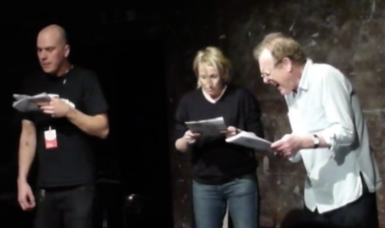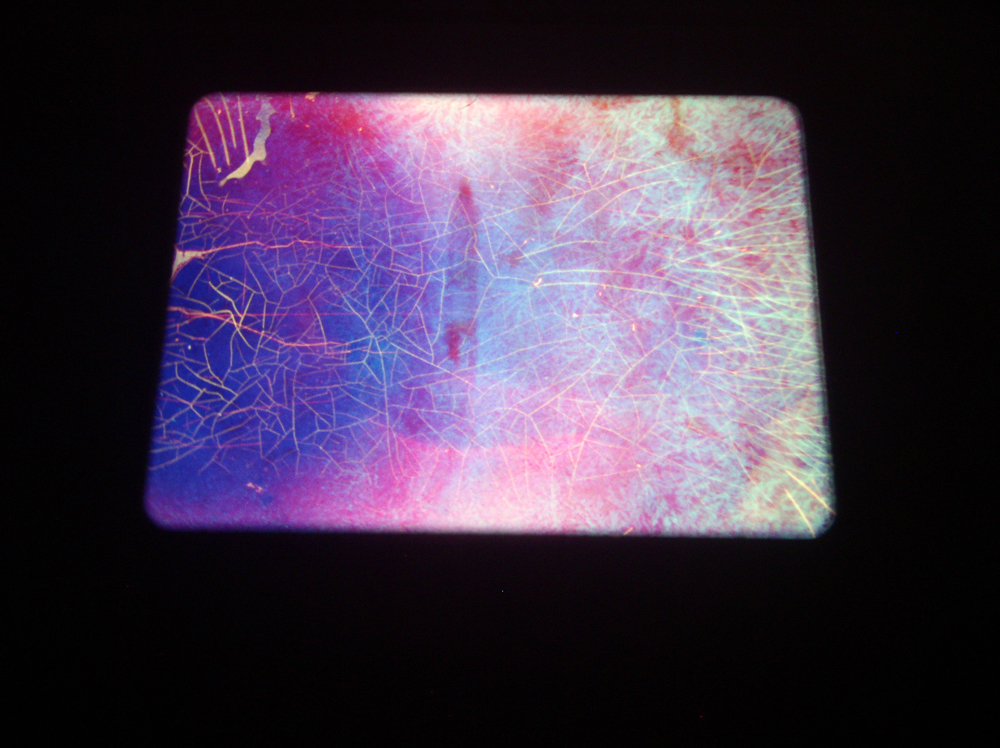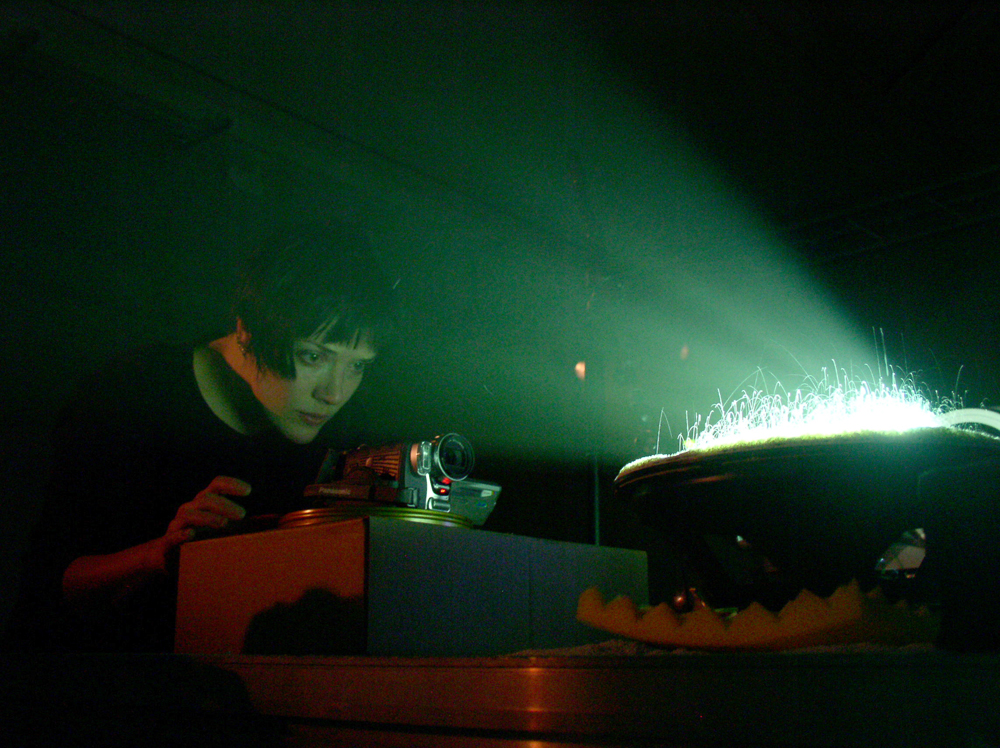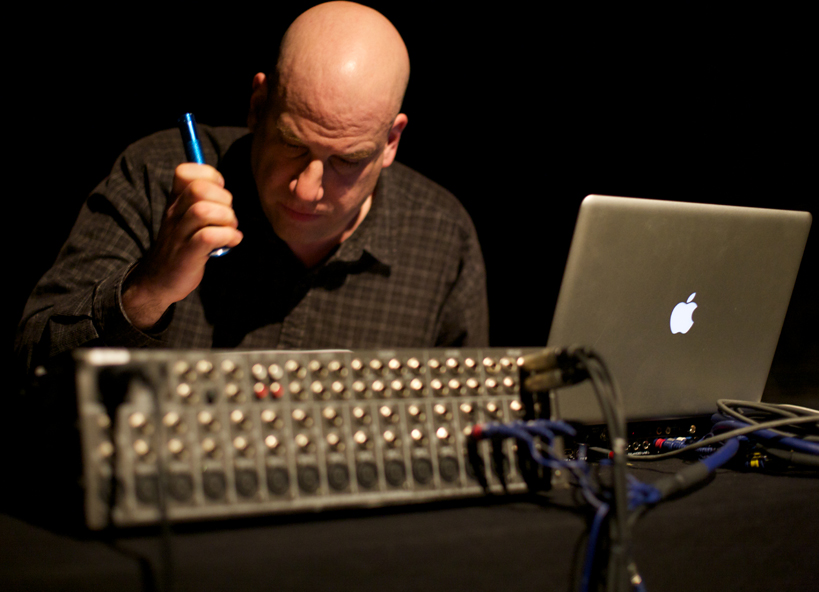
WordMusic
Amiri Baraka Henry Grimes
A dialogical meeting of Baraka’s radical poetry and Grimes’ free jazz syncopation.
Arika have been creating events since 2001. The Archive is space to share the documentation of our work, over 600 events from the past 20 years. Browse the archive by event, artists and collections, explore using theme pairs, or use the index for a comprehensive overview.

A dialogical meeting of Baraka’s radical poetry and Grimes’ free jazz syncopation.

GIO’s bottomless throat, Blood Stereo’s slobber gobbler and the Mouth Of The South tangle tonsils over Steve McCaffrey’s Carnival

The reknowned artist Kjell Bjørgeengen works collaboratively with innovative musicians to make complex installations. Channels of flickering light are produced in response to and from sound.

The club as a community and a site for performed politics: deep/ queer house, vogue femme, lipsync and ballroom.

An immersive live performance for multiple 16mm film and bass clarinet, taking in the whole gallery, submerging the audience.

The practice of North African Indigenous revolutionary love, in the face of European capitalist violence and settler colonialism, with one of the most vital anti-colonial thinkers in Europe.


An original and beautifully simple performed installation forging a direct link between sound and image.

A fully transcribed, described, and open-captioned film screening that’s nothing short of their actual open heart.

N30 is a massive, dynamic, immersive multi-channel presentation of front-line field recordings from the protest against the WTO in Seattle

Includes: a classic of innovative computer graphics, ex-pat Scot McLaren on form, a riotous psychedelic oil show with a Soft Machine accompaniment, subtle manipulation of data feedback, a colourful road movie and a reworking of a lost Paul Sharits film.

As part of Karrabing’s visit to Scotland, the collective will be hosted for three days in the Isle of Skye by The School of Plural Futures.